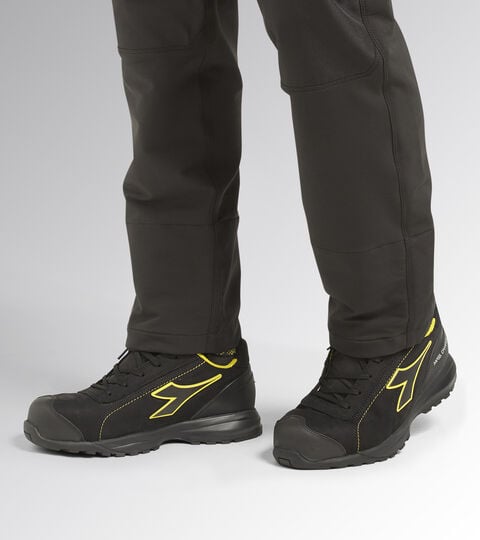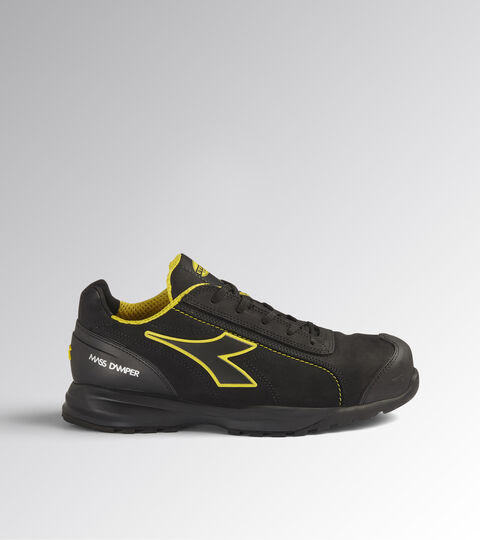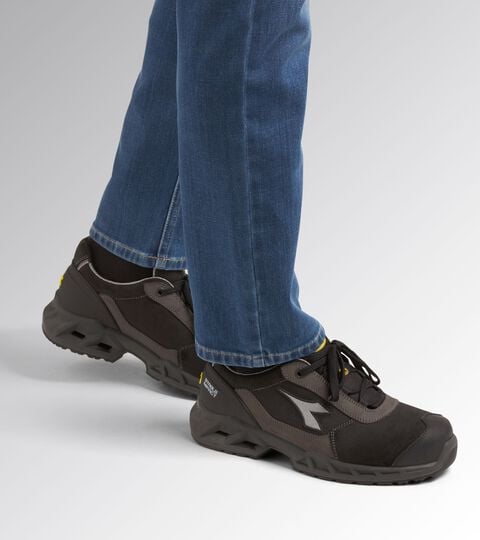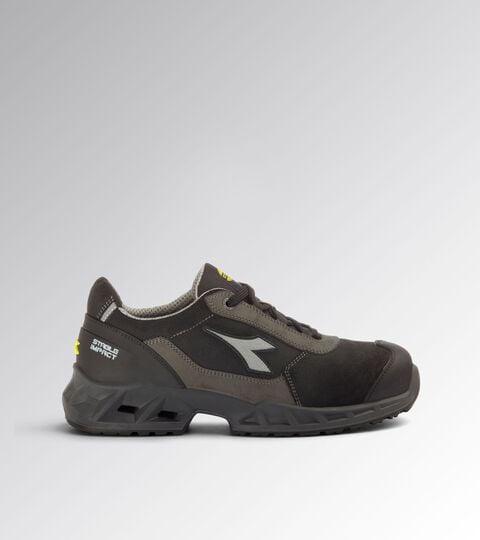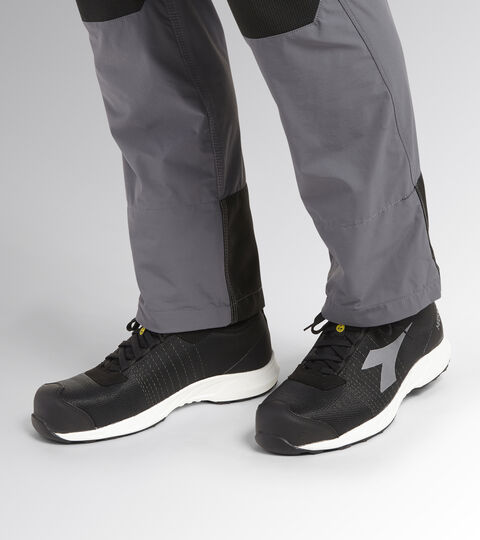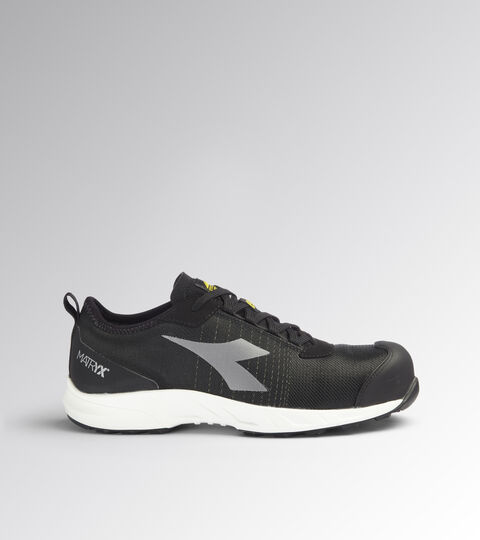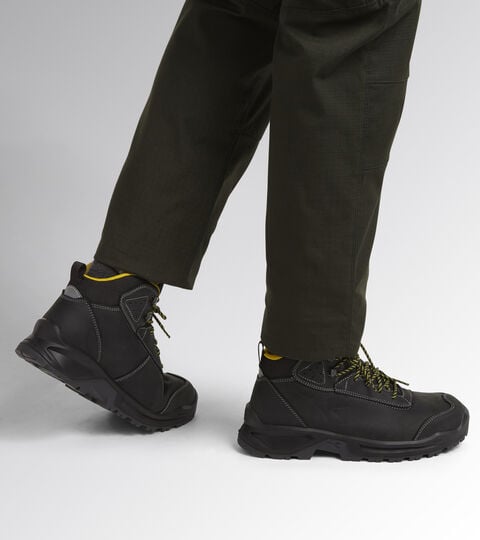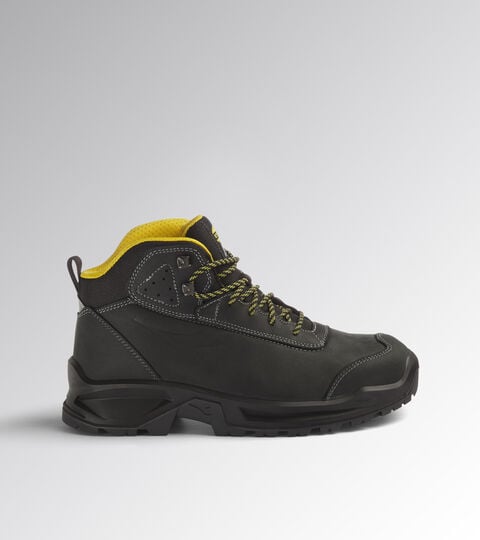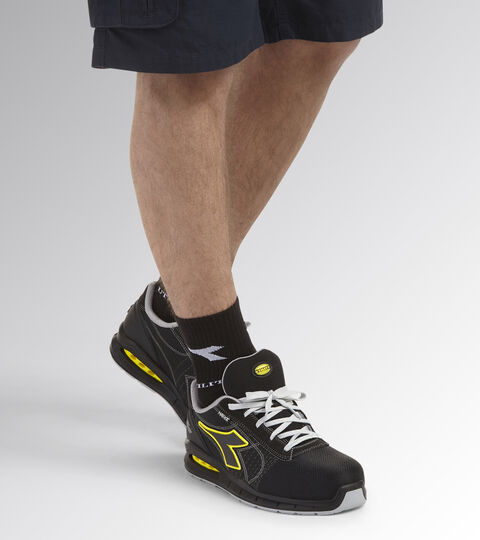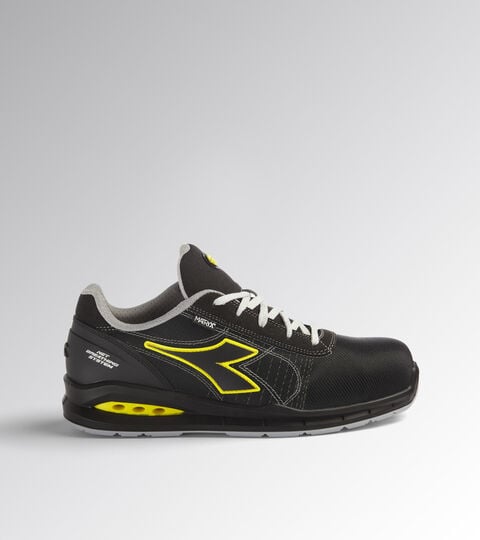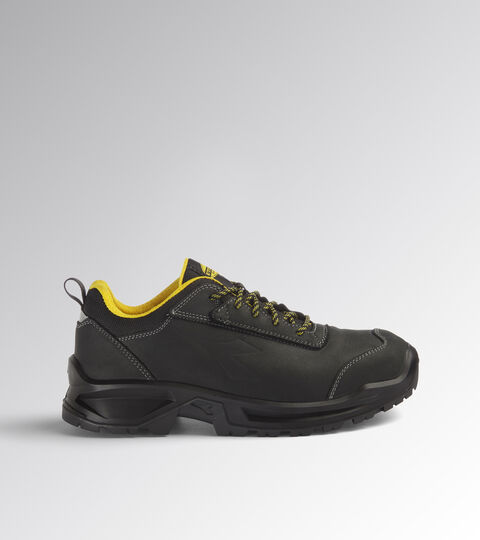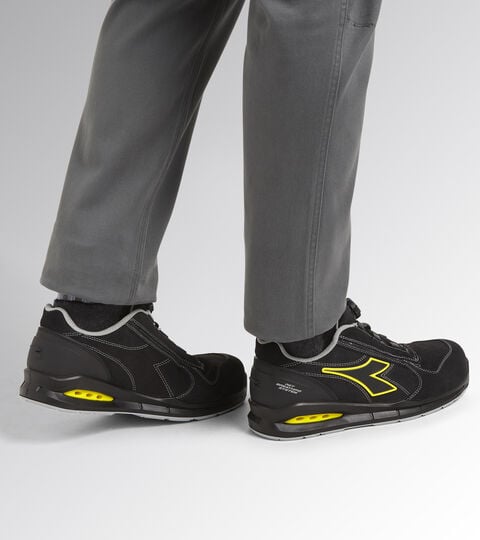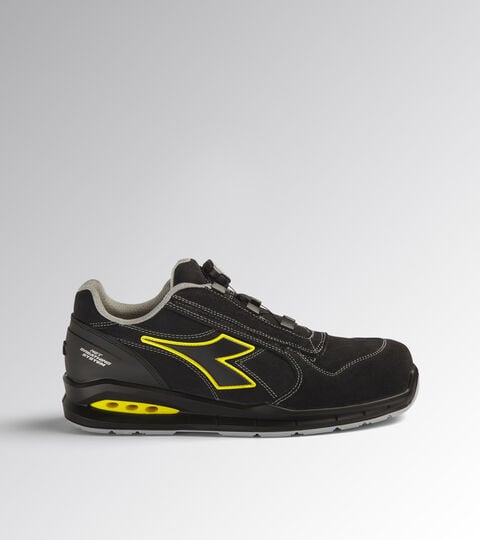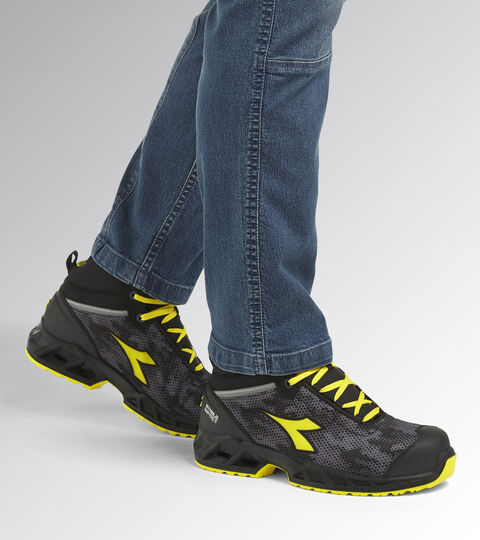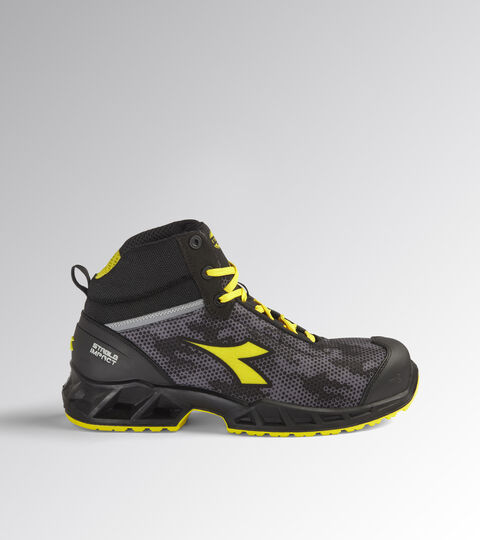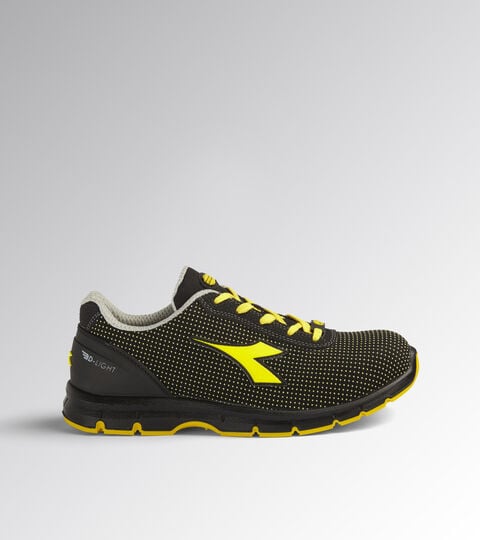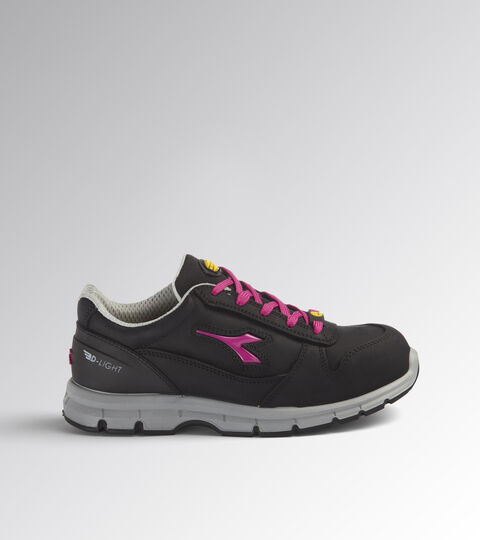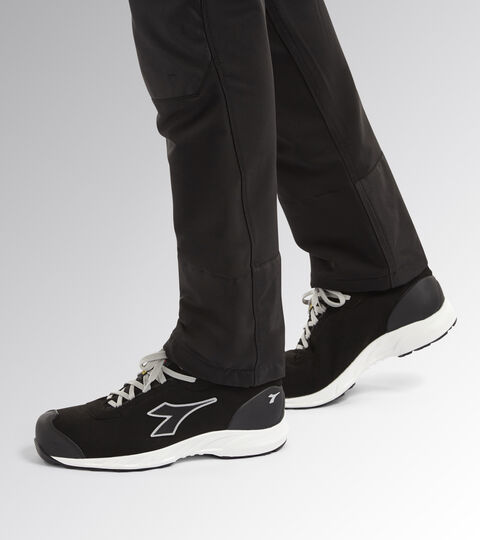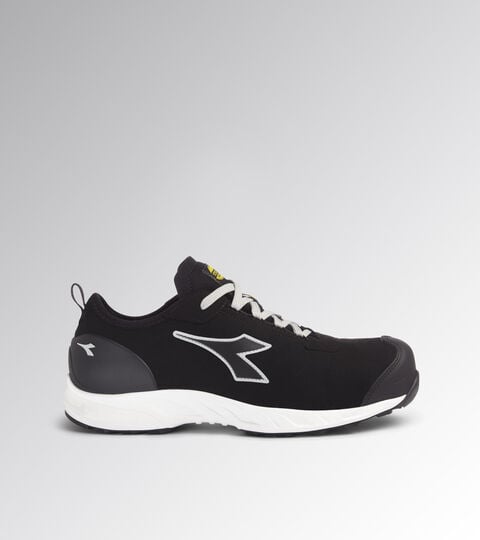S3 Safety Boots & Work Shoes
(11 Results)Choosing Safety Shoes: S1P or S3?
Safety shoes with puncture-resistant soles: how to choose the right class for your job requirements.
S1P and S3 safety shoes are among the most widely used and versatile options. They offer comprehensive foot protection against injuries and are suitable for various work environments.
Many work shoe lines include S1P and S3 variants, similar in design, materials, and technologies. When purchasing, it's common to wonder which safety category best suits your needs. This question is essential to ensure you don't underestimate your choice and end up with shoes that, while protective, may not be optimal in terms of comfort, breathability, or suitability for your work environment.
What does safety category mean?
Safety shoes must meet minimum safety standards set by regulations (for more details, read our article on regulations and safety). Besides common minimum requirements, shoes can have specific optional features depending on their intended use and user needs, which we discussed in detail in this article.
S1P and S3 Safety Shoes
S1P and S3 are classification codes for safety shoes, identifying their protection class and mandatory and optional requirements.
What are the features of S1P safety shoes?
These shoes meet all basic requirements prescribed by the standards: for example, they have a toe cap resistant to 200J (Joules) of impact, uppers made from materials ensuring tear resistance and breathability, closed heels, and more.
They are antistatic, have slip-resistant soles resistant to hydrocarbons, and feature energy absorption properties in the heel area.
They also include a puncture-resistant midsole as an additional protection (hence the "P" in S1P).
S3 safety shoes have all the features of S1P shoes, plus:
Water-repellent uppers.
In this guide, we will explore how to understand your work environment needs and choose the most suitable safety shoe: S1P or S3?
1. Check specific requirements for your job.
Does your job require a particular protection class?
If you need to wear safety shoes marked with the letter "S" (Safety Shoe), it means your company's Safety Officer has assessed the risk level you are exposed to, and a specific protection class is likely required for your role. If you work in environments where there's a risk of stepping on nails or sharp objects, you will need puncture-resistant shoes - S1P or S3 safety shoes.
2. Do you work indoors?
If you work mainly in dry and warm indoor environments, you probably won't encounter water or moisture often. In these cases, S3 shoes may not be necessary: S1P safety shoes could be a more suitable choice as they are lighter and more breathable, making them more comfortable for long hours in warm indoor settings, like workshops or artisan labs, or for those in installation work.
3. Do you work outdoors?
Outdoor workers in sectors like agriculture, construction, or road maintenance are exposed to the elements and often move on wet ground. In these cases, where you are exposed to moisture (but not working with feet submerged in water for extended periods), it's better to choose S3 safety shoes. The uppers, while not waterproof, resist water penetration due to the water-repellent material.
They are generally more protective against cold and suitable for outdoor use. That doesn't mean all S3 shoes are heavy and uncomfortably warm: there are lightweight and breathable S3 models, like Diadora Utility S3 safety shoes with Net Breathing System and Airbox technologies.
4. A sturdy upper
In environments where there's a risk of sole puncture, the shoe's upper can also be easily damaged by tears and abrasions. If you need a robust upper but also seek high breathability, flexibility, and lightness, consider a model with Matryx technology, an exclusive and patented fabric offering abrasion resistance without compromising comfort.
5. Beware of hot surfaces
If your job involves the risk of stepping on hot surfaces, opt for S3 or S1P shoes with an optional HRO requirement, meaning a heat-resistant outsole. This is indicated by the HRO (Heat Resistant Outsole) label on the tag, technical sheet, and sometimes directly in the model name, like Glove MDS Matryx Low S1P HRO SRC.
6. Beware of slippery surfaces
Do you work on slippery surfaces and inclined planes? In this case, besides the appropriate protection class, look for an optional requirement: slip resistance. Depending on the tests passed, this feature is indicated by the SRA, SRB, or SRC label and is available for both S3 and S1P work shoes.

